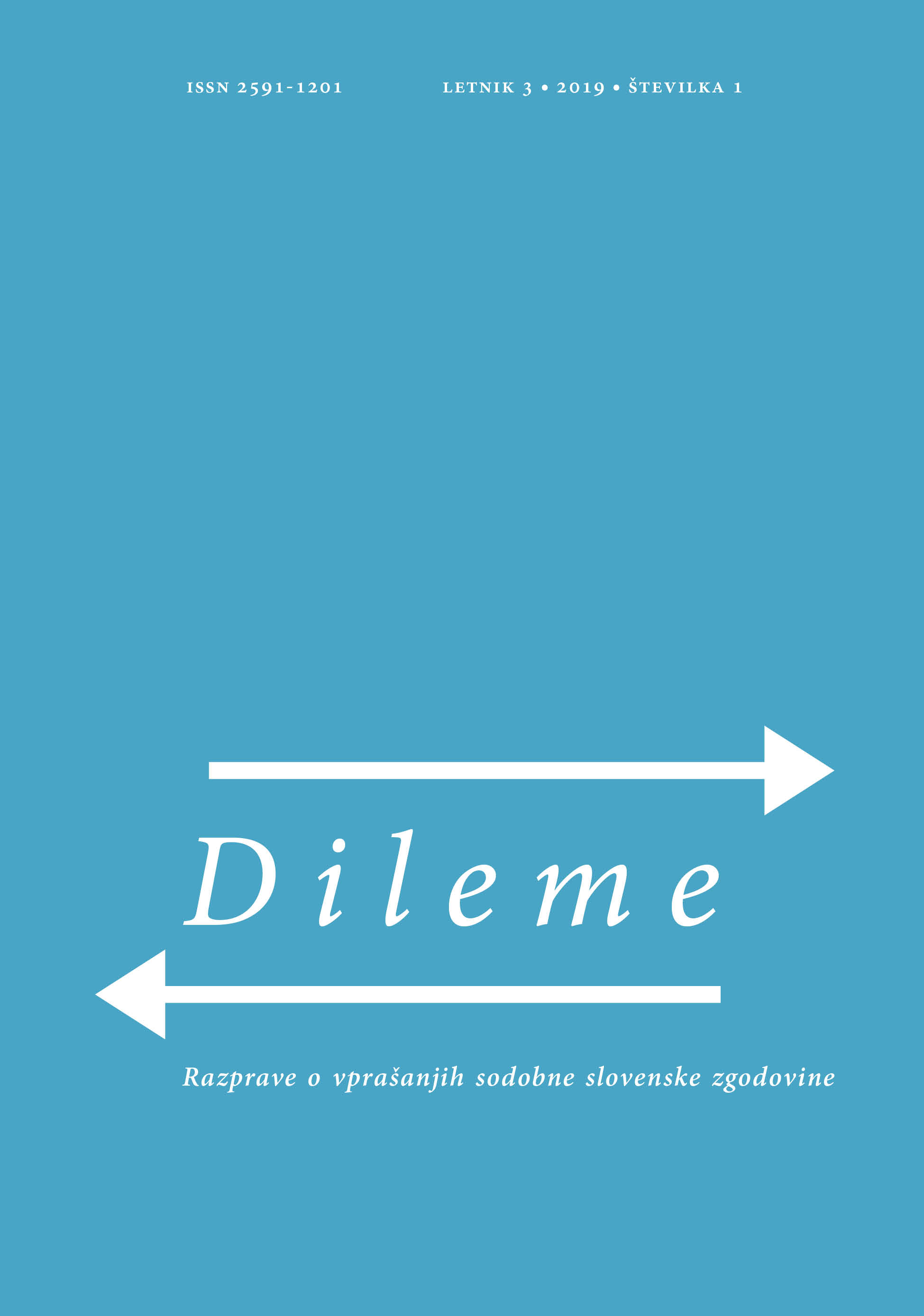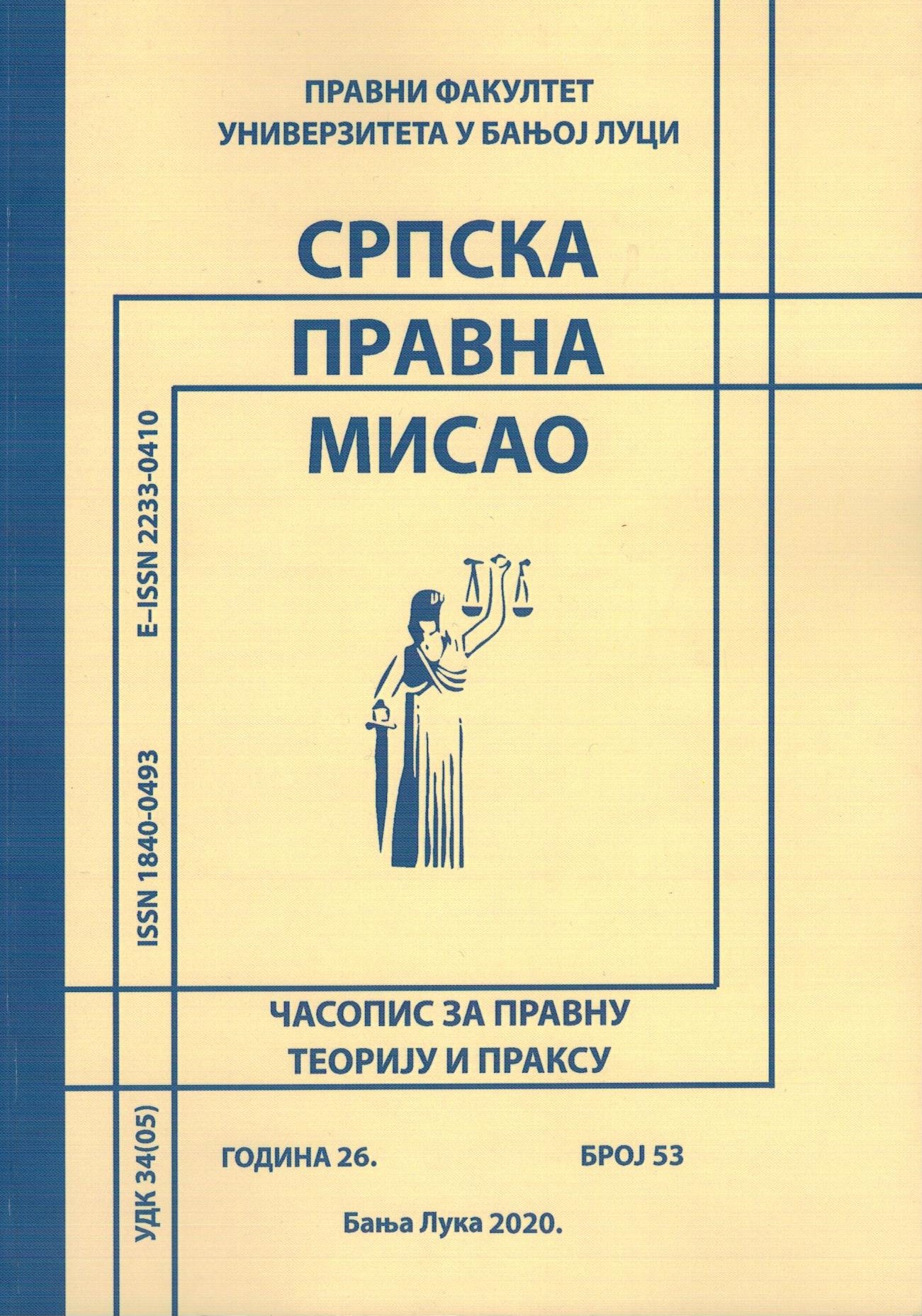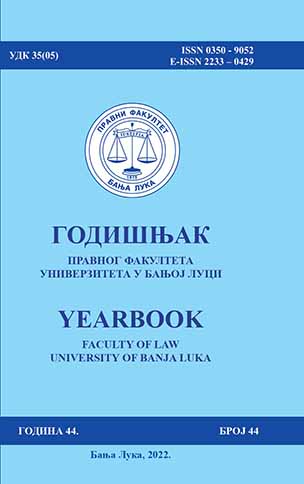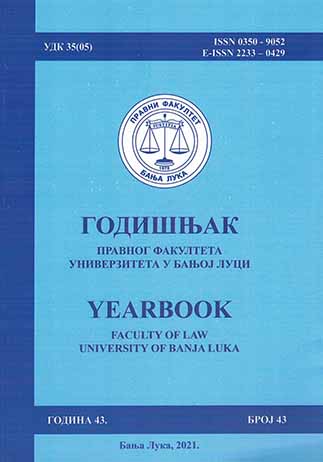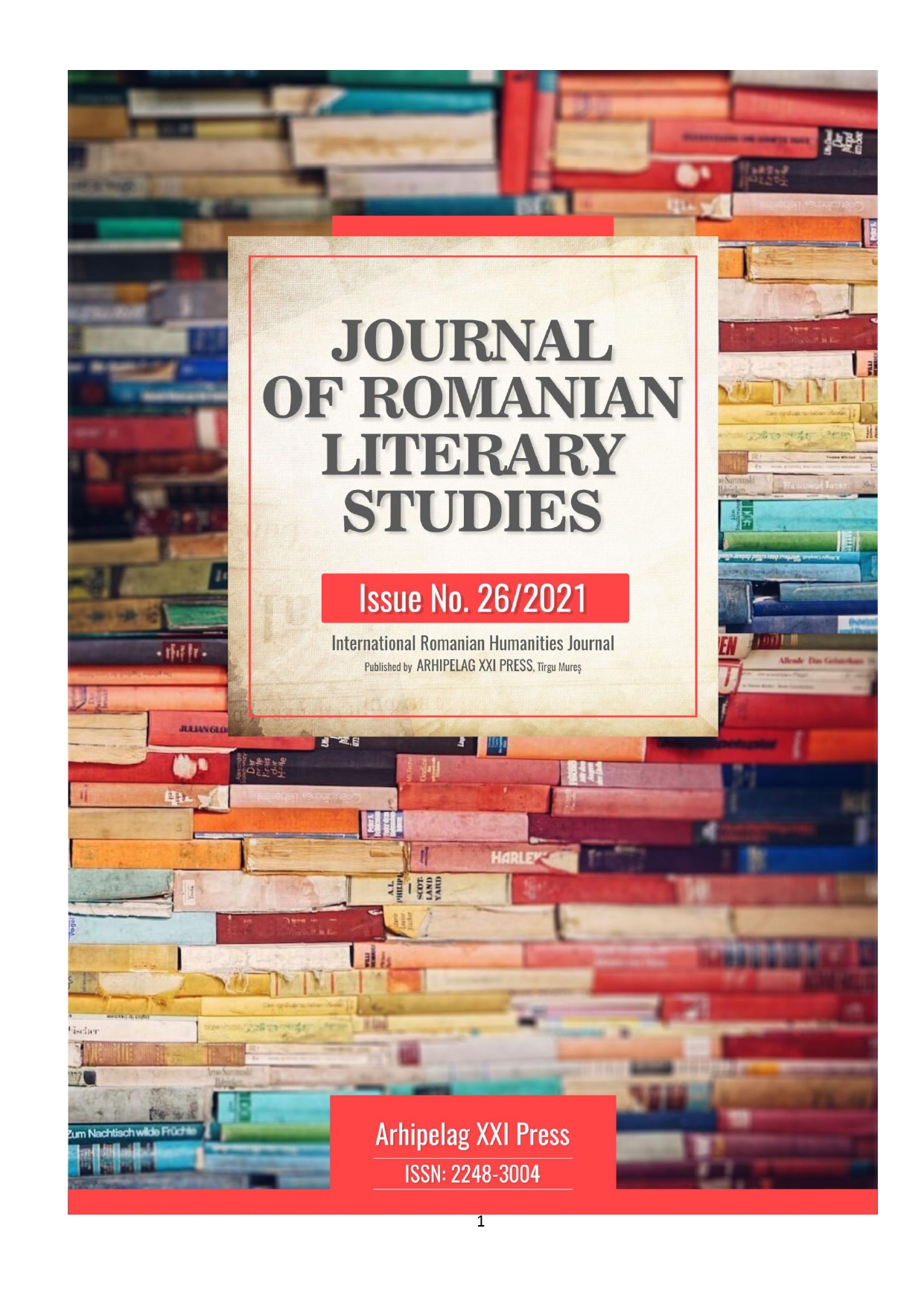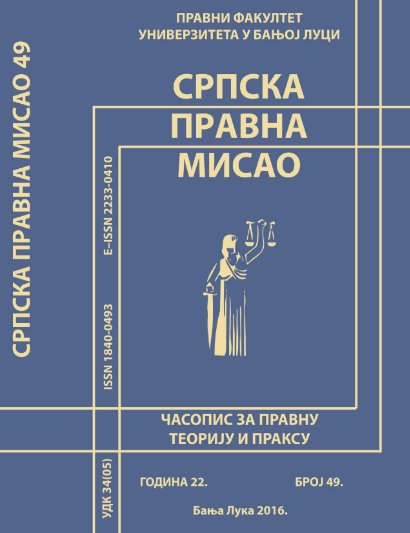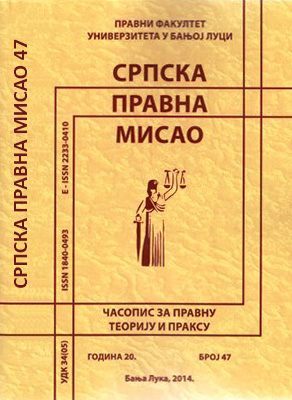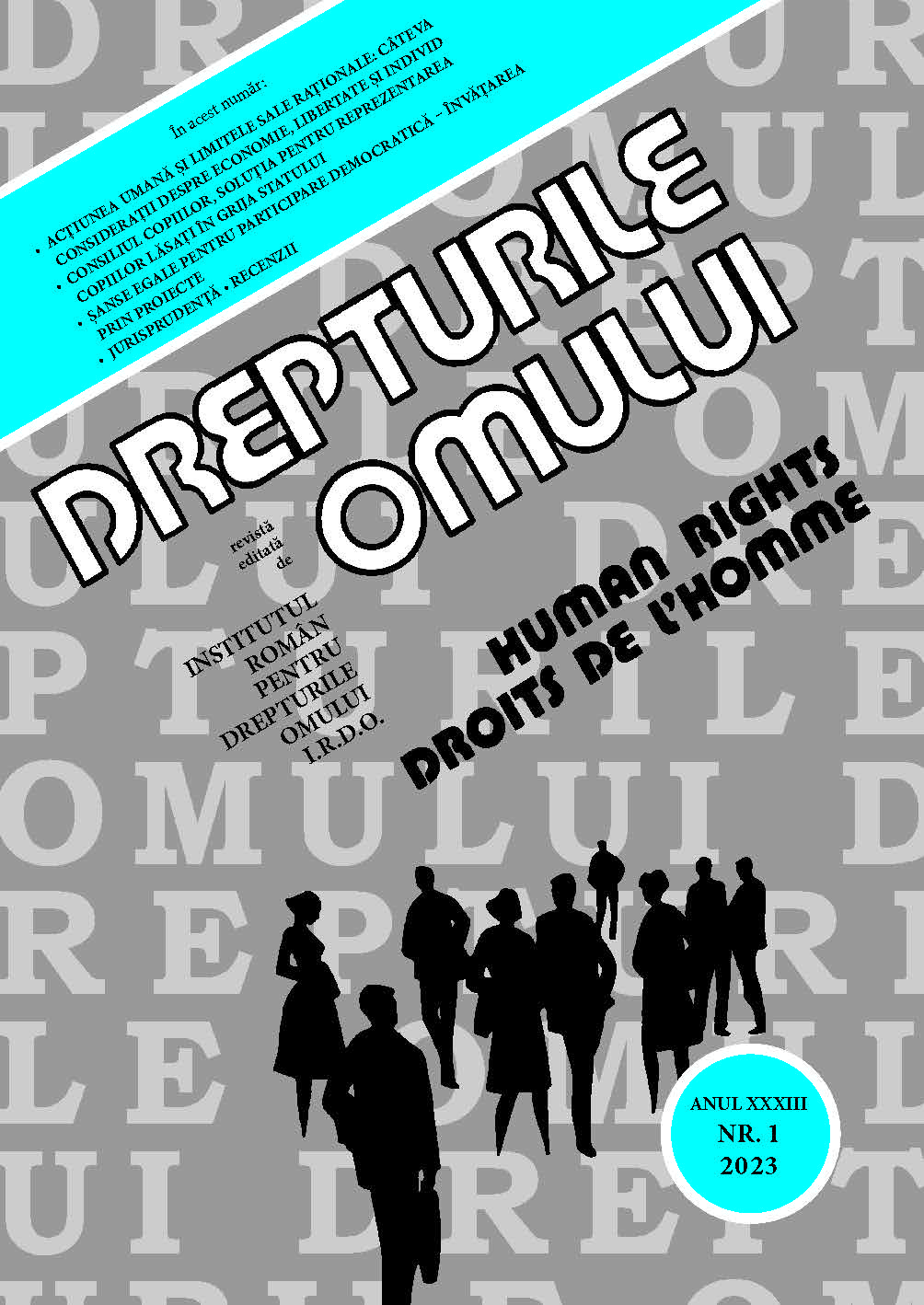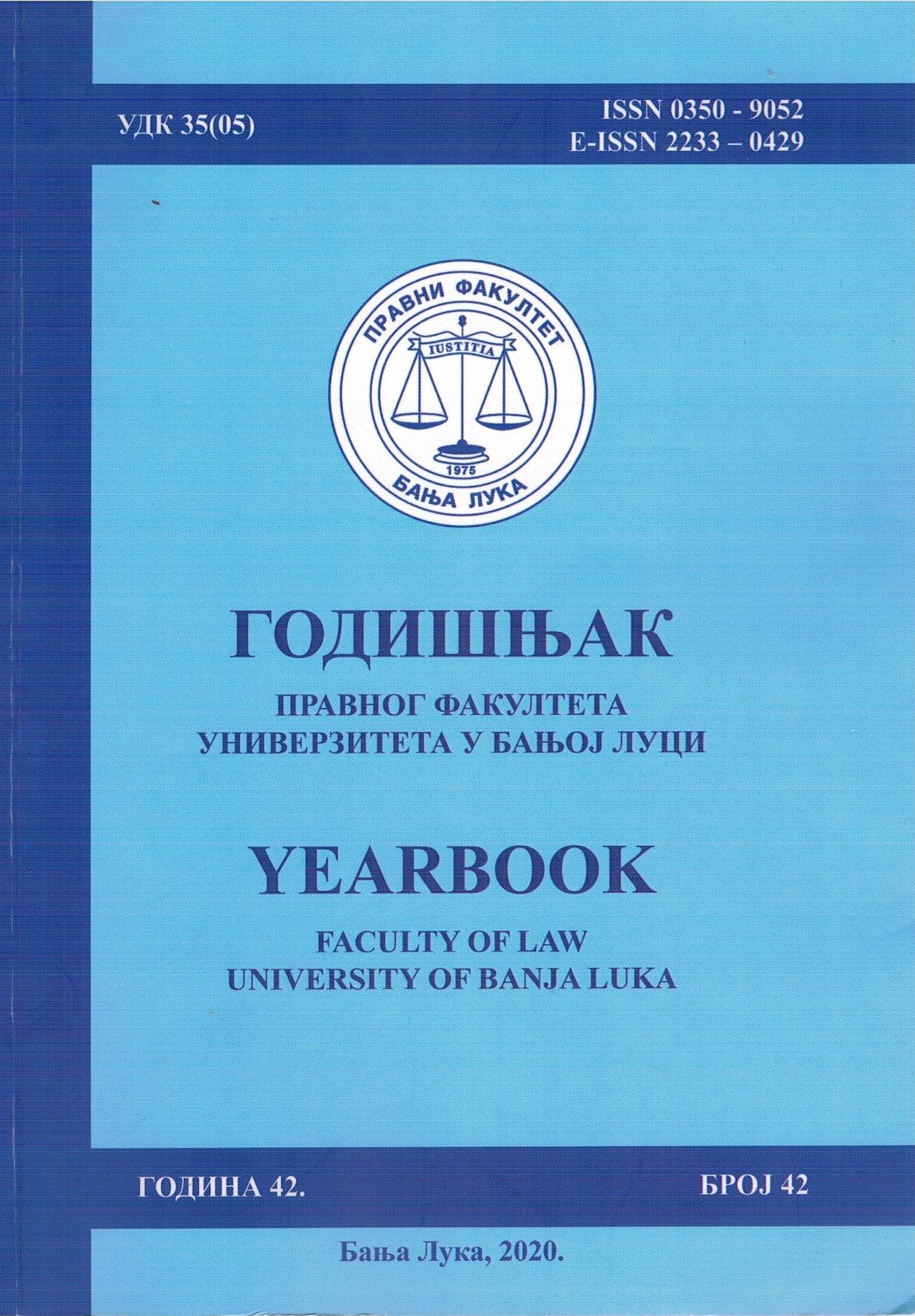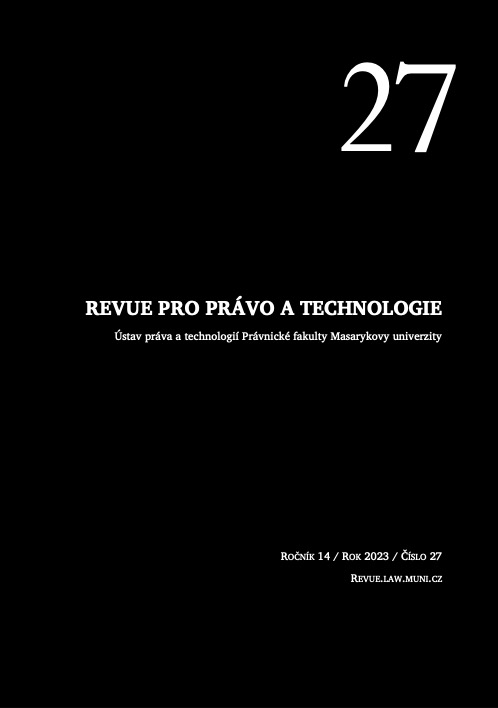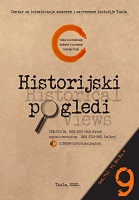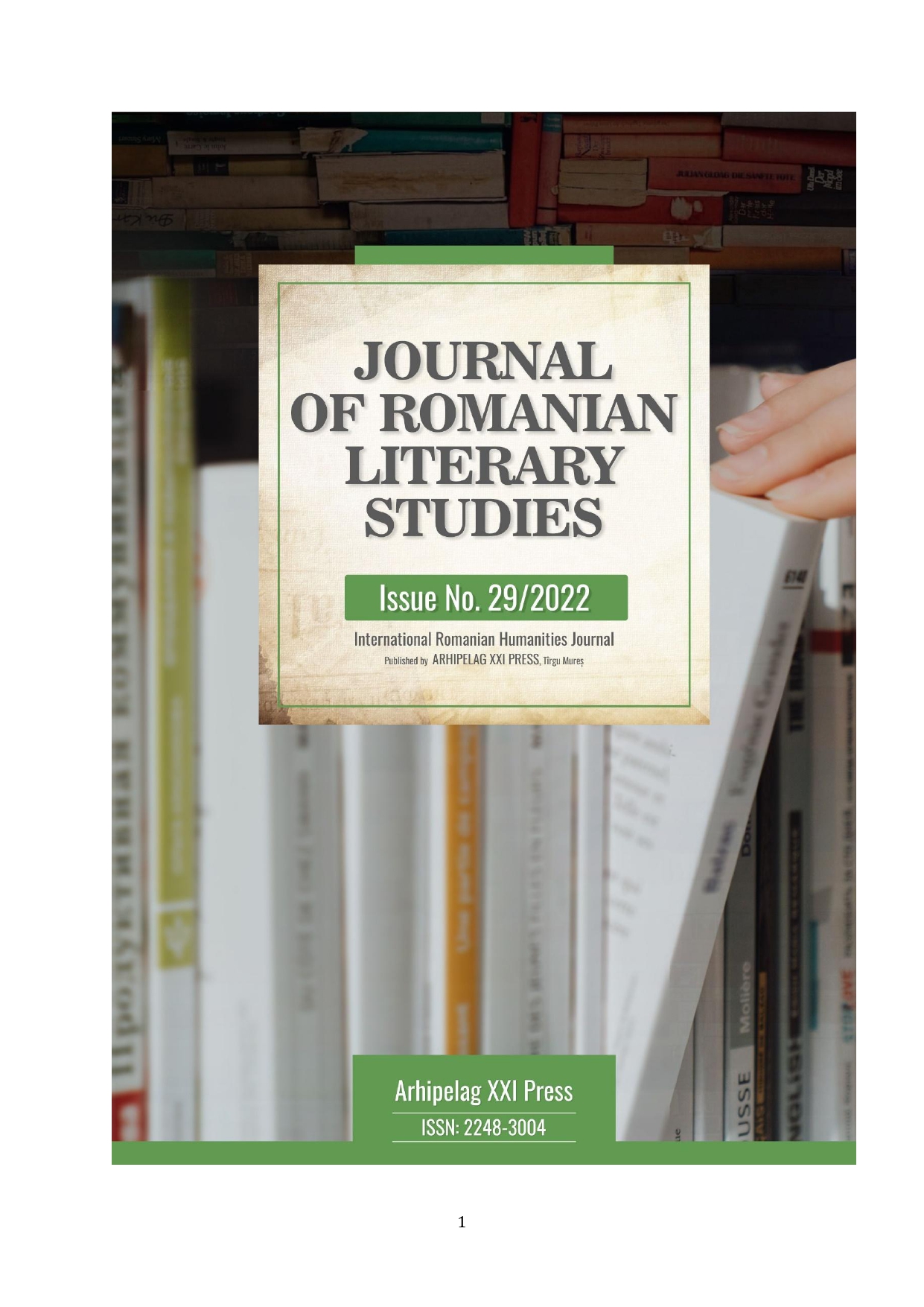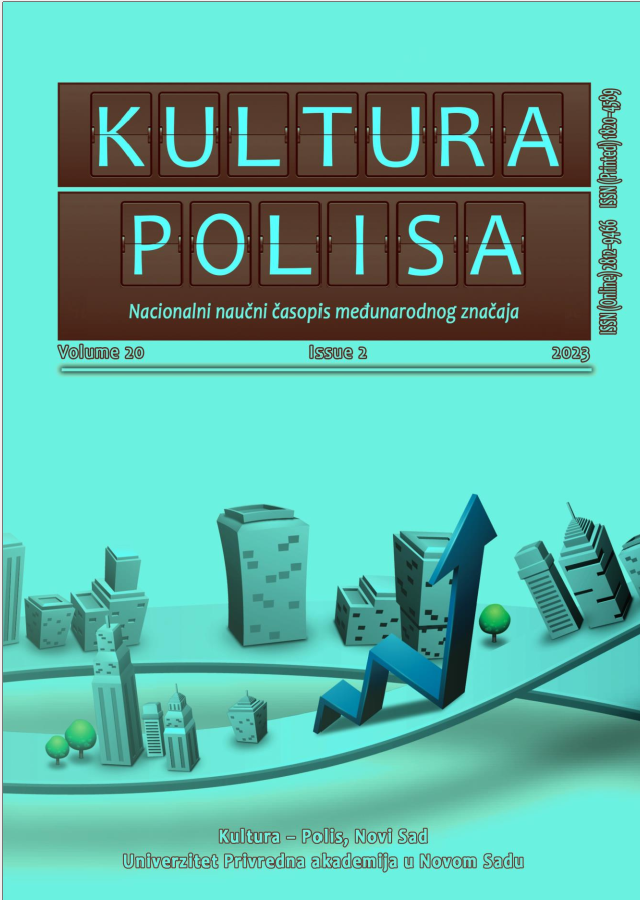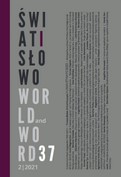Author(s): Merisa Karović-Babić / Language(s): Bosnian
Issue: 9/2023
The cities of Bosnia and Herzegovina that were in the period 1992-1995. were under siege or surrounded by Serbian forces, were exposed to continuous mortar and artillery attacks from positions controlled by the VRS. Locations that were regarded as mass gathering places for people, such as markets, squares, schools, kindergartens, children's parks, hospitals, city transport vehicles were very often the targets of sudden shelling, which resulted in mass killings of civilians. Exactly the same methods were applied by the Serbian forces in all the cities that were declared safe zones by the United Nations. In this paper, applying a historical approach, the massacre at the Tuzla Gate was analyzed on May 25, 1995, which was one of the saddest days in the history of the city of Tuzla, when 71 civilians were killed and 173 civilians were wounded by shrapnel from a grenade fired from the direction of Ozren. , which represents the largest number of victims and the most massive crime from a single shell during the aggression against the Republic of Bosnia and Herzegovina. In addition to the indispensable interpretation of the political and military context at the time of the crime at the Tuzla Gate, and the then-current NATO attacks on the positions of the VRS, the work also deals with the analysis of the minutes of the investigation of the Prosecutor's Office and the Security Service Center of the MUP of RBiH, the investigative actions of the United Nations carried out on the ground the places immediately after the crime, the daily reports of UNPROFOR, as well as the reactions that followed this crime. Immediately after the massacre, representatives of investigative bodies, the Municipality of Tuzla, archival institutions, journalists, intellectuals and citizens of Tuzla made a significant contribution in documenting the facts of the crime committed. On the first anniversary of the massacre, 5/25/1996. In the book The Dawn Murder, photographs and short biographical data with a lot of emotional content about each victim, their occupation, an exact description of the circumstances of the crime, as well as the exact place where they were at the time of the crime were published. The smiles in the photos full of liveliness are forever stopped in their interrupted youth, but through the mentioned book, as well as through the permanent exhibition of the Kapija Memorial Center, they continue to live permanently in the memories of their fellow citizens of Tuzla, Bosnians and Herzegovina, with a message to future generations: You don't just live here to live, one does not live here only to die, one dies here to live. Respecting everything that the people of Tuzla have done in terms of memorialization of crimes, collective memory and memory, the mentioned activities can certainly serve as an example to other cities, where civilians were killed in the same or similar way. The Archives of the Tuzla Canton have important materials about the massacre, such as the “Tuzlanska Kapija” Collection of documents, and I am extremely grateful to the management and collaborators of the Archives for allowing me access to the said documentation. The judgment in the Dukic case (2009, 2010 and 2014) also offered very significant answers to crucial questions regarding the direction of the shelling, as well as the responsibility of Novak Dukic and TG Ozren for the aforementioned criminal offense, in which the aforementioned issues are discussed in an argumentative manner, with plenty of evidence. . Without major ambitions to enter into a discussion about the complexity of the mentioned case in relation to the question of how Dukic, even without having served his prison sentence, found himself free, we note that there was a lot of discussion about the incorrect application of the law (CZ BiH 2003-CZ SFRY 1976) regarding the height punishments, while the facts established in the Judgment were not called into question. The documentation that was used in the Dukic case was also available to me for research. It was extremely important to analyze the aforementioned material from the point of view of historians, and I am also very grateful to the associates of the Court of Bosnia and Herzegovina for providing it. A special research focus in this paper relates to the contextualization of the mentioned crime, the clarification of what preceded the massacre itself, as well as the reactions that followed. The paper is structured into five chapters, which deal with the circumstances that preceded the massacre at the Tuzla Gate, the killing of youth on Youth Day, investigations after the massacre, reactions and military intervention, while the final chapter discusses the revision of historical facts and the denial of the court verdict in the case. Novak Djukic.
More...
